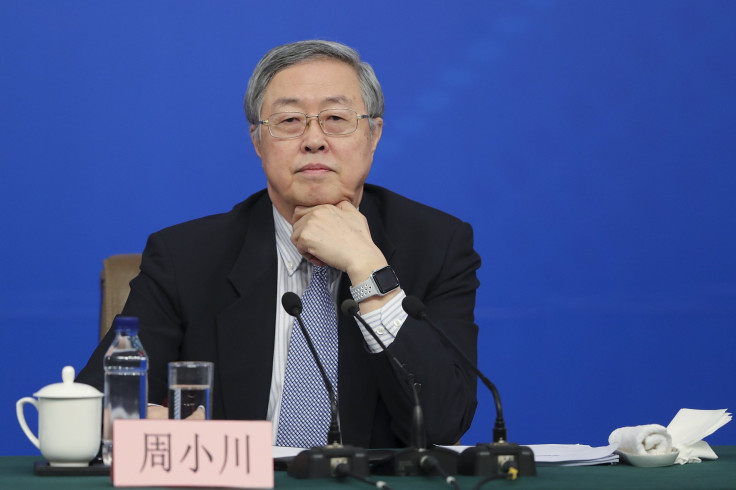China Bans Initial Coin Offerings While Paris Hilton Promotes Lydian Coins

Initial coin offerings, the tokenized fundraising craze flushing worldwide blockchain projects with fresh funds, are now officially illegal in China. Bloomberg reported the People’s Bank of China posted a statement on its website Monday demanding all Chinese ICO activity stop immediately. Anyone who has already used ICOs to raise money from Chinese buyers will reportedly be required to make refunds.
Tech startups have often used customized, Ethereum-based tokens to raise funds since the ICO trend spread this summer. Sometimes, investors can buy these niche tokens with bitcoins. However, most of the ICO market is Ethereum-centric.

Any future ICO endeavours in China will be harshly punished, a threat which caused a sudden dip in global bitcoin prices even though most ICO tokens have little to do with bitcoin.
According to the Beijing media outlet Caixin, Chinese regulators associated ICOs with online scams. “For now it will be a total ban... it’s a very different approach from the United States, Singapore or Canada, which also regulates ICOs but they don’t ban them," Tamar Menteshashvili, a blockchain-focused PhD candidate at Jiao Tong University in Shanghai, told the International Business Times. "They say some of them fall within the securities law.” Menteshashvili also works as a consultant for Chinese cryptocurrency projects and government blockchain initiatives in European countries like Georgia. She thinks this ICO ban will follow the pattern of Chinese bitcoin regulation.
China previously banned bitcoin by barring Chinese financial institutions from associating with bitcoin companies in 2013, and then shutting down cryptocurrency exchanges in 2014. Now China is slowly permitting more bitcoin transactions as regulations develop. “After two years, they started to say: it’s not illegal to use bitcoins. But there are certain restrictions the users need to follow,” Menteshashvili said. “Probably this [ICO ban] is similar now. They are banning, and then will come up with the regulation... In general, the government is very pro Ethereum platform.”
Jehan Chu, a token expert and managing partner at Kenetic Capital Ltd in Hong Kong, agreed with this theory that China will eventually allow a more regulated approach to niche token sales. “I think they will allow the sale of tokens in a format which they deem safe and more measured,” Chu told Bloomberg.
In the meantime, China’s ruling could impact the broader ICO marketplace. Menteshashvili pointed out that Canada and Singapore reacted to the U.S. Securities and Exchange Commission’s ruling on ICOs in July with similar declarations of their own. She said China’s financial services industry will now lead the charge in that country's cryptocurrency innovation, since local startup teams just lost one of their main sources of income. “Big banks are unifying in China and trying to find ways to use cryptocurrency,” Menteshashvili said. “The market was ripe for the regulations to come. But I think the total ban is too much, it probably won’t help the blockchain industry.”
Chinese bitcoin miners still dominate the broader bitcoin network. However, it appears Switzerland’s Crypto Valley, Singapore’s regulatory fintech sandbox and American celebrity campaigns are all propagating Ethereum-based tokens at a much faster rate. On Sunday, Paris Hilton joined the ranks of celebrity ICO promoters by tweeting and writing an Instagram post about the upcoming Lydian Coin for digital marketing.
Looking forward to participating in the new @LydianCoinLtd Token! #ThisIsNotAnAd #CryptoCurrency #BitCoin #ETH #BlockChain pic.twitter.com/a8kT9eHEko
— Paris Hilton (@ParisHilton) September 3, 2017
Boxing icon Floyd Mayweather and a rapper called The Game are just a few more of the high profile cryptocurrency advocates who recently joined the ICO gold rush for Ethereum-based tokens.
But most experts expect more national ICO regulations are on the horizon across the globe. The future of tokenized fundraising hangs in the balance.
© Copyright IBTimes 2024. All rights reserved.











